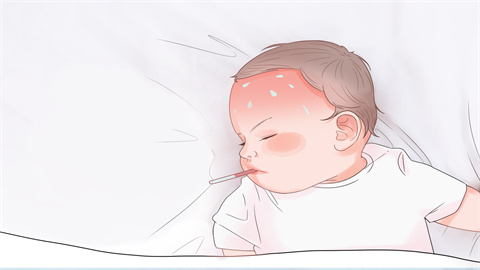Is cerebral palsy hereditary?
Generally speaking, cerebral palsy is not hereditary. If discomfort symptoms occur, it is recommended to seek timely diagnosis and treatment at a qualified hospital. Detailed analysis is as follows:

Cerebral palsy usually is not inherited, as its main causes are less associated with genetic factors and are more often related to various non-genetic factors before, during, or after birth. For example, maternal infections during pregnancy, hypoxia, exposure to harmful substances, premature birth, difficult labor, neonatal asphyxia during delivery, and brain infections or trauma after birth can all damage immature brain tissue, affect nervous system development, and thus lead to cerebral palsy. Since cerebral palsy is not caused by specific genetic defects, it generally does not get passed on to the next generation within a family.
Both men and women should develop healthy lifestyle habits and quit smoking and drinking when preparing for pregnancy. Pregnant women should avoid exposure to harmful substances such as radiation and chemical toxins to reduce the risk of congenital diseases like cerebral palsy.










